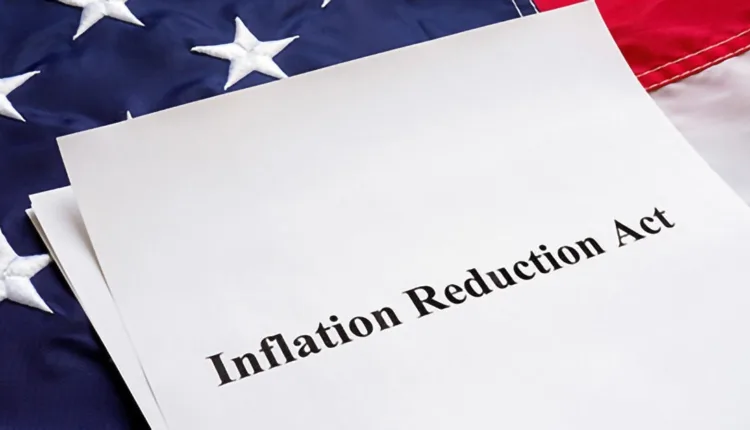
Inflation Reduction Act: A Brief Overview
TL/DR –
The Inflation Reduction Act introduced by the Biden-Harris Administration aims to mitigate the increasing healthcare costs in the US by enforcing drug firms to pay rebates to the Medicare Trust Fund if their price increases exceed the inflation rate. The act also focuses on reducing home energy costs through tax credits, rebates, and clean energy initiatives, advancing racial equity and support for underserved communities, investing in private lands conservation, and reducing methane emissions from the oil and natural gas sectors. Through these approaches, the act is designed to feature initiatives to manage inflation and contribute towards environmental sustainability, economic opportunity, and social and racial equity.
The Inflation Reduction Act Explained
The #InflationReductionAct, initiated by the Biden-Harris Administration, is aimed at curbing soaring healthcare expenses. It requires that drug companies that raise their prices faster than inflation refund the Medicare Trust Fund.
Lowering Home Energy Expenses
As stated on the official White House website, the Inflation Reduction Act also intends to decrease home energy costs. The Act includes tax credits, rebates, and clean energy initiatives predicted to reduce electricity rates by up to 9 percent by 2030. The Department of Energy is accepting applications for states to implement $8.8 billion in home energy rebate programs. Various nonprofits have begun programs to inform consumers about the Act’s home energy provisions.
Supporting Racial Equity and Underserved Communities
The Biden-Harris Administration has proactively addressed racial equity and underserviced communities, unveiling annual agency equity action plans with over 650 actions to tackle systemic barriers. There is a strong commitment to addressing inequity in economic opportunity, housing, health, and environmental justice.
Investing in Private Lands Conservation
The Inflation Reduction Act also includes unprecedented investment in private lands conservation: over $2.8 billion in financial support for conservation efforts from farmers and ranchers. An additional $19.5 billion is available for climate-smart agriculture and forestry mitigation activities.
Reducing Methane Emissions from Oil and Gas Industries
The EPA and DOE have announced intentions to fund projects to cut methane emissions from oil and gas sectors, with support from the Inflation Reduction Act. The funding will aid in transitioning to innovative methane reduction technologies and improve emissions measurement. This initiative will help create jobs, improve public health, and realize near-term emission reductions.
—
Read More US Economic News
